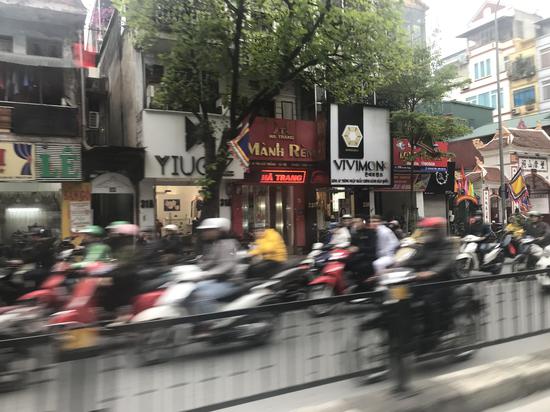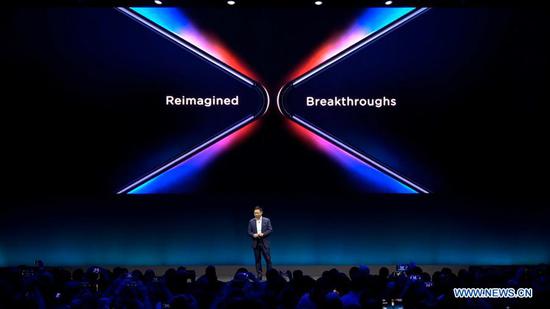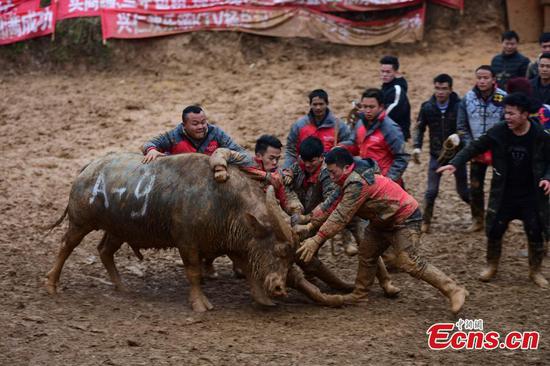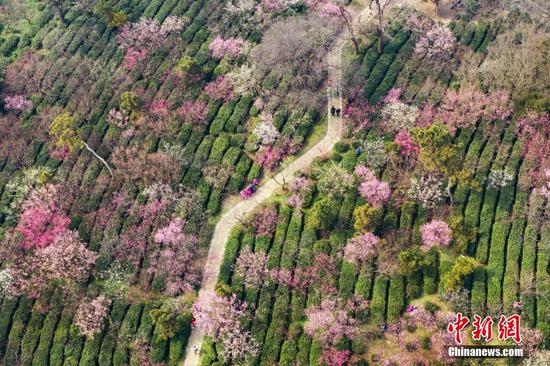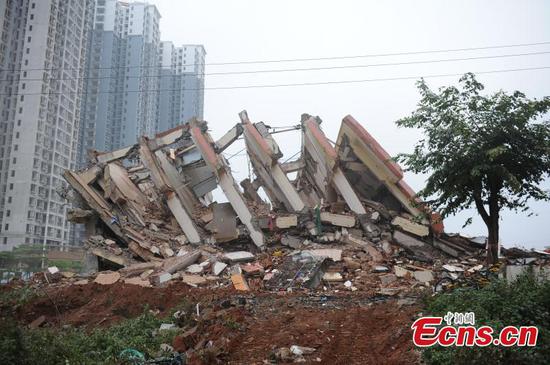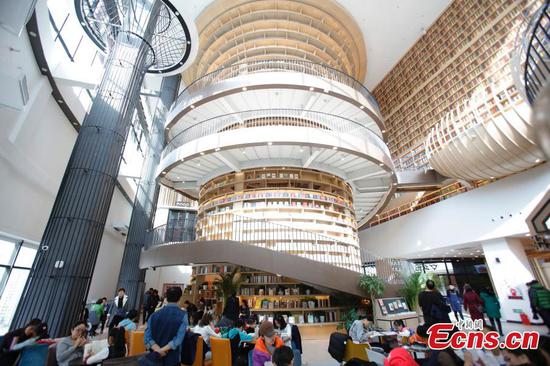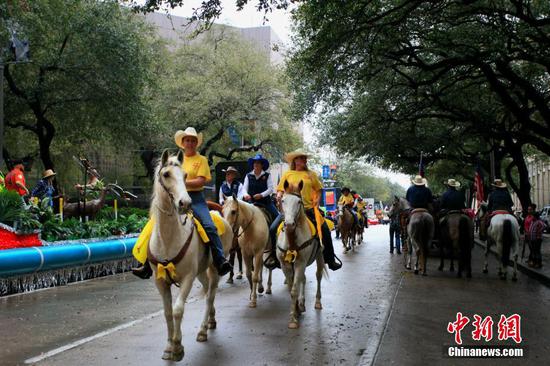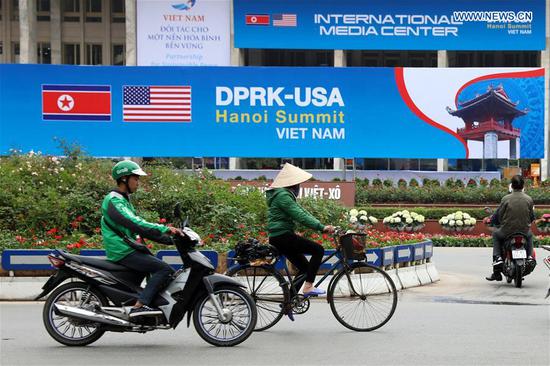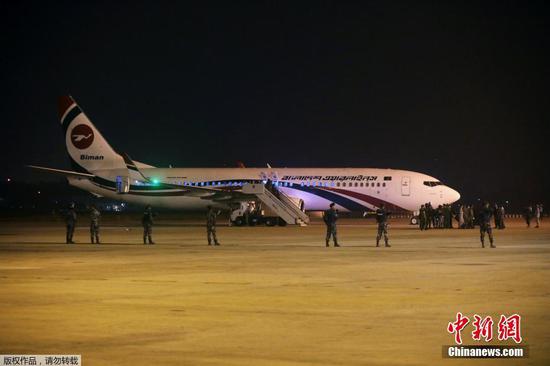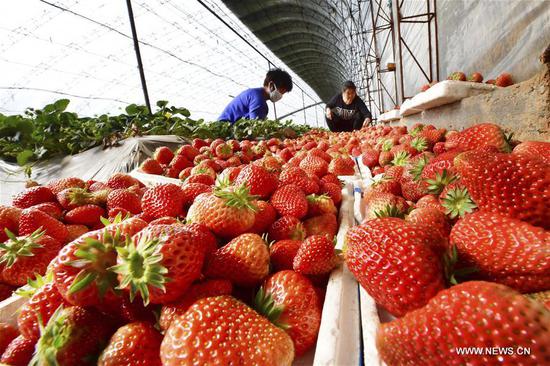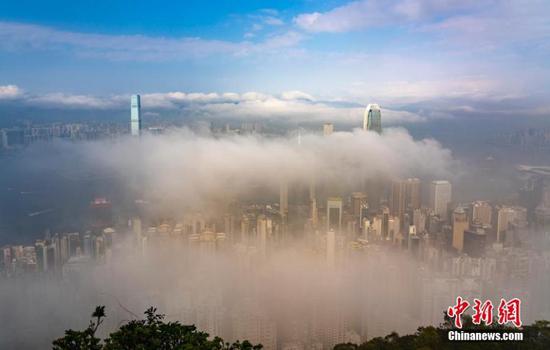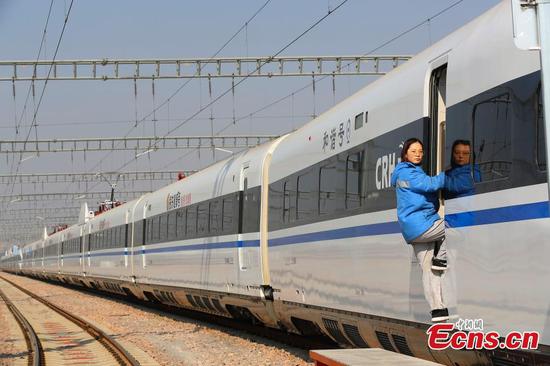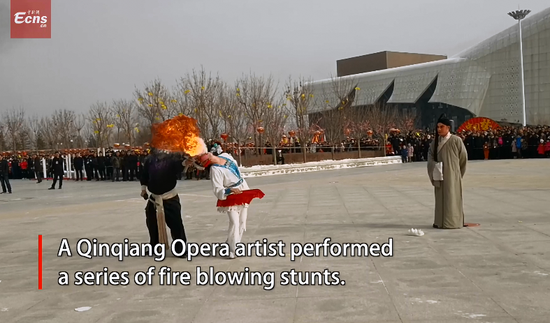The annual average concentration of PM2.5 in Beijing declined to 51 micrograms per cubic meter in 2018, the lowest on record, CCTV.com reported on Sunday.
The 42.7 percent drop since 2013 is a result of the city's effective air pollution control measures and urban reforms, the report added.
The historic achievement was also attributed to the joint efforts of Beijing, Tianjin and Hebei Province in reducing emission, such as reducing coal burning, controlling vehicles and economizing on oil, upgrading clean energy, and strengthening air pollution control, an official from the Beijing Municipal Commission of Development and Reform said, CCTV.com reported.
Beijing has moved non-capital functions away from the city, relocating 2,648 general manufacturing enterprises, 581 wholesale markets and 106 logistics centers, Beijing Daily reported in January.
A river management company was jointly established by the governments of Beijing, Tianjin, Hebei and Shanxi, as well as the China Communications Construction Company, in order to promote ecological restoration and water control of the main river in Beijing, the Yongding River.
In addition, by the end of 2018, 1,683 hectares of land in Beijing had been vacated, and a number of parks, such as the greenbelt on the north side of the Ming Dynasty Wall Relics Park and the Changlefang Urban Forest, had been opened to the public.
Liu Bozheng, deputy director of the office overseeing the integration of Beijing, Tianjin and Hebei Province, said that residents can now enjoy larger green spaces, and have obtained better quality public service resources over the past five years, CCTV.com reported.









